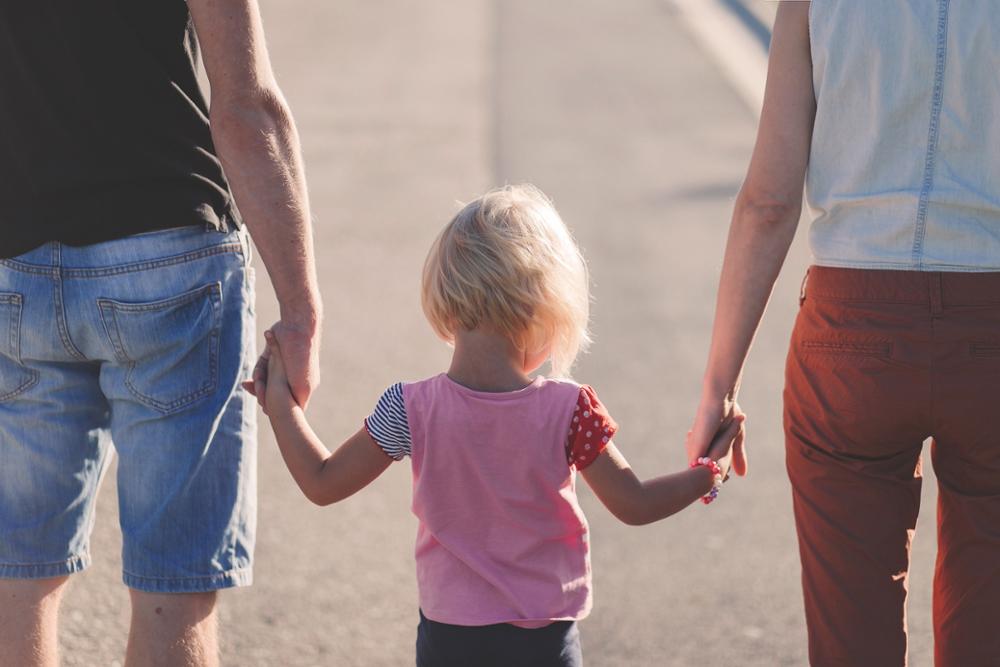How is Grief Expressed Differently Between Men, Women, and Children?
Grief is a universal feeling that affects every member of the family. However, the way in which people deal with grief varies. There is no specific timeline for someone to move on from the death of a loved one, but there are differences between men, women and children and the way they are able to express their grief.
Men
There is a dominant stereo type that men are supposed to fit this macho man or strong man persona. When it comes to emotions many men believe that they have to fit into that stereo type and be strong, even if that means emotionally closed off to grief. When someone close to them has passed, they may seem emotionally guarded and separated. They may seem incapable of expressing their grief because they believe that they still need to be the family’s support and carry them through this rough time. Although they are expressing grief, they will not be communicating it in a verbal way. By with drawing themselves from family and friends, that is their way to process, they do not want to be seemed as weak. Thus for men, the majority of time, grief is not expressed or dealt with through sadness or tears.They deal with it through separation. In some instances as well men may use anger to help them cope with grief. They may be confused and angry at the circumstances that they have been left with and unaware with how to deal with their emotions, sometimes leading them towards to anger.
Women
Unlike men, women are seen as more delicate, fragile, and emotional and that tends to be their response to grief.Women are often the more emotional members of the family that show the more physical signs of grief, by actions like crying or physical sickness due from pain. When women experience grief, they are much more emotional but the way they express it is typically through companionship. When men retract from their friends and family, women tend to lean on their closest family and friends for support. They are able to vocalize their pain while asking for the help of family and friends.
Children
When it comes to explaining the grief of a child, it is extremely difficult because there are many variables to how they are going to process and express grief, some of those factors being age, gender, maturity level. If a child is too young to understand grief and does not understand the concept of death, their expression of grief would be very different then someone in their teens. A younger child may not understand the permanency of death and may not fully comprehend the sadness of it, thus making it very difficult to express how they are feeling. For older children, they may take it much more difficult, they may express it through distancing themselves from family, friends or school or they may be extremely emotional about it. Children have a unique way of expressing grief because they are able to process it differently than most adults. They tend to view situations in the now, and may be able to help the adults closest to them through this difficult situation too.
If you have any further questions on this topic, please contact us at Fee & Sons Funeral Home & Crematorium







Comments